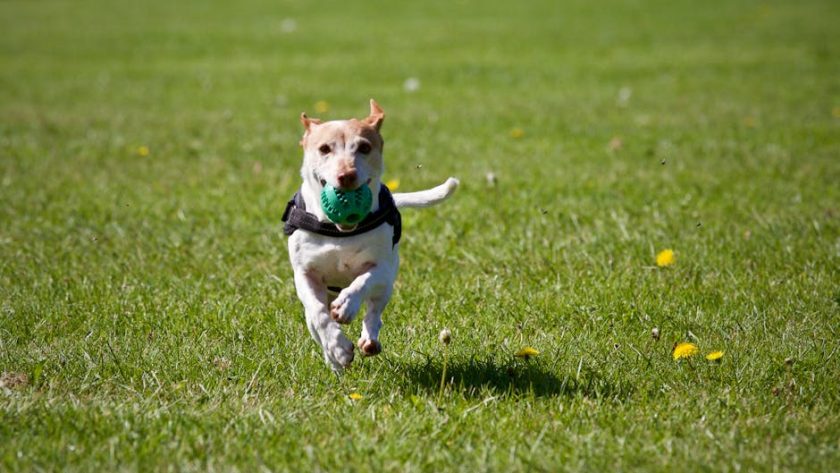Dog training is a rewarding journey that strengthens the bond between you and your canine companion. Whether you have a playful puppy or an adult dog needing some guidance, effective training methods can transform your furry friend into a well-behaved and happy member of the family. This guide explores various aspects of dog training, offering valuable insights and practical tips for success.
Before embarking on training, it's crucial to understand your dog's individual personality and learning style. Some dogs respond well to positive reinforcement, while others may require a different approach. Observe your dog's behavior, reactions, and preferences to tailor your training methods accordingly. Patience and consistency are key to achieving positive outcomes.
Positive reinforcement is a widely recognized and effective training method. It involves rewarding desired behaviors with treats, praise, or toys, reinforcing the actions you want to see repeated. This approach fosters a positive learning environment and encourages your dog to actively participate in training sessions. Avoid punishment, as it can create fear and anxiety, hindering the learning process.
Start with basic commands like "sit," "stay," and "come." Keep training sessions short and engaging, focusing on one command at a time. Use clear and concise verbal cues, accompanied by hand gestures, to help your dog understand what's expected. As your dog masters these commands, gradually introduce more complex ones.
Consistency is paramount in dog training. Establish clear rules and boundaries, and ensure everyone in the household follows them consistently. This helps your dog understand what's acceptable and unacceptable behavior, promoting a harmonious living environment. Avoid sending mixed signals, as this can confuse your dog and impede progress.
Socialization is a vital aspect of dog training, especially for puppies. Expose your dog to various environments, people, and other dogs to help them develop appropriate social skills. This reduces the likelihood of fear-based aggression or anxiety in new situations. Early socialization contributes to a well-adjusted and confident dog.
Crate training can be a valuable tool for housebreaking and providing a safe space for your dog. Introduce the crate gradually, associating it with positive experiences like treats and toys. Never use the crate as a form of punishment. Crate training can provide a sense of security and comfort for your dog.
Professional dog trainers can offer personalized guidance and address specific behavioral issues. If you're facing challenges or need expert advice, consider consulting a certified dog trainer. They can assess your dog's behavior, develop a tailored training plan, and provide ongoing support. Investing in professional training can significantly enhance your dog training journey.

